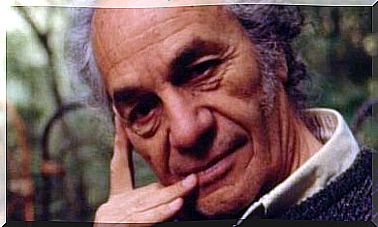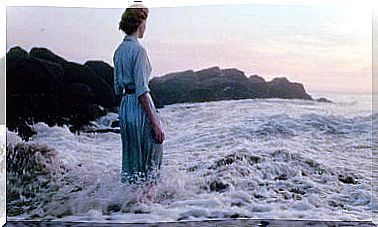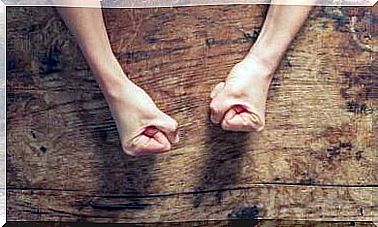Escape Rooms And The Role Of Psychology
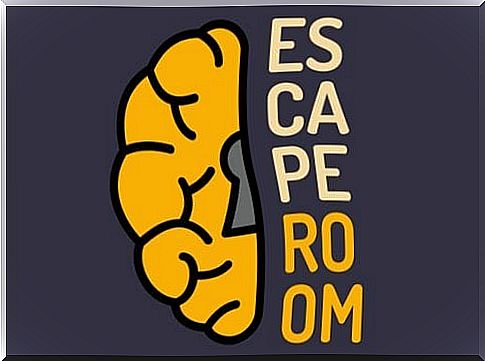
Escape rooms are a new trend in which psychology plays a fundamental role. In this game, people who are locked in a room have to find the key that will allow them to escape. They do this by following a series of clues and solving puzzles. They have a limited amount of time to find the key.
In this playful adventure , psychological processes are combined with physical activity and social cooperation. In addition, these types of activities show how teamwork helps solve problems that cannot be solved by one person.
At least not within a reasonable time. This makes us realize that we have to rely on other people and work together.
What happens in an escape room?
Escape rooms take us to a parallel universe where we are detectives and explorers. We start by listening to a story, each room has its own story.
It only takes a few seconds to feel like we are the main characters in this adventure. Suddenly and almost without realizing it we have a mission with our teammates: escape.
That’s the start of the game. We have to find a way out of the room within 60 minutes. The clues can be anywhere: under tables, hidden in books, in drawers with false bottoms, etc. A good strategy is to divide the tasks among the group members. Then you can write down all the clues that each team member finds that help the team move forward.
Although escape rooms were initially intended for adults, children from the age of 14 can now participate as long as they are accompanied by an adult.
This makes escape rooms a great activity for people of different ages to enjoy together. There are also escape rooms that are exclusively intended for children.
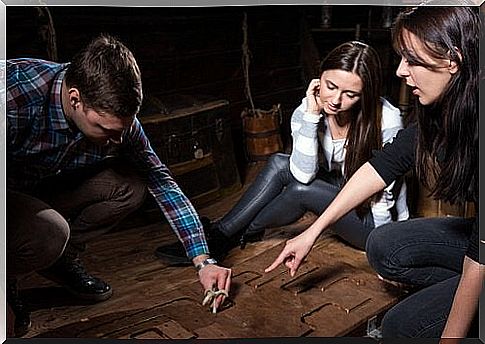
The origin of escape rooms
Escape rooms originated in the first computer games. As an alternative to the low graphics capacity of the first computers, so-called conversational games were designed. Along with a simple still image, a situation or an interaction with a character was described in writing.
At the end of each level, several options appeared, allowing players to make decisions based on the described situations. And based on the decisions the players made, the game went in different directions.
Many of these conversational games were essentially escape games. You had to make the right decisions to save your life, save the life of the princess, escape from prison, or kill an evil enemy.
These games have evolved over time and perhaps they have also lost their essence due to the incredible graphics capacity of today’s games.
However, the format of the game started to regain popularity with the rise of smartphones. In Japan, for example, in 2008 live escape games took place in real rooms.
Escape rooms and psychology
However, the first real escape room opened its doors in Budapest, Hungary in 2011 thanks to Attila Gyurkovics. This Hungarian created a game called Parapark, in which a group of people had to find a way out of a room in a limited time.
Gyurkovic developed the escape room based on the concept of ‘flow’ psychologist Mihaly Csikszentmihalyi.
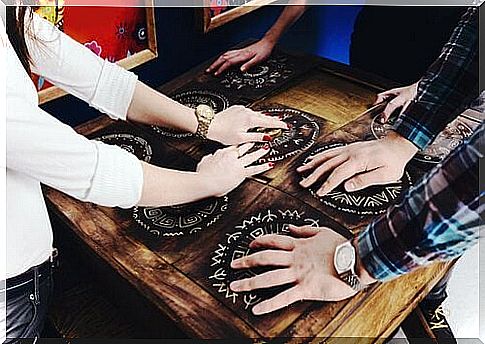
Flow is a state in which a person is completely absorbed in an activity for his own pleasure or enjoyment. Time flies and actions, thoughts and movements follow one another continuously. Flow is when we strike a balance between the challenges of the task or activity and our skills to solve them.
The flow theory says that when we do an activity for our own pleasure and experience a balance between our abilities and the challenges we face, we enter a mental state where everything flows. At that moment, time seems to pass very quickly and ideas can come up freely in our minds.
Flow in escape rooms
Many people say that they start to feel flow, as described by Csikszentmihalyi’s flow theory, by participating in an escape room. Escape rooms are recreational spaces in which having fun and accepting challenges is the only goal. Escape rooms are therefore fun in their own right, regardless of whether we manage to find the key or not.
We have to go through a process in which we feel immediately satisfied with any success (finding a key to open a drawer, solving a puzzle, or getting a lock open).
These successes encourage us to keep playing and focus only on the challenges we have ahead of us. We forget all our other worries for a while.






